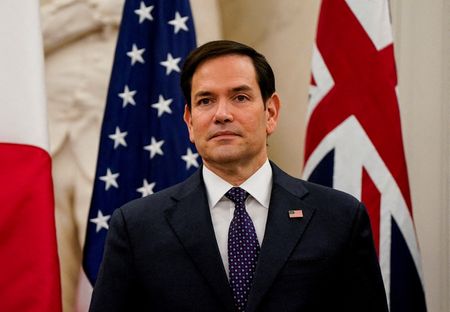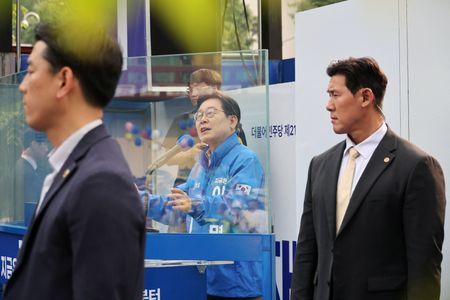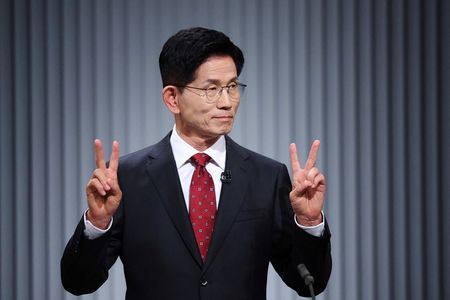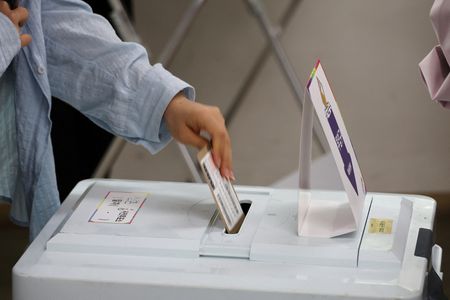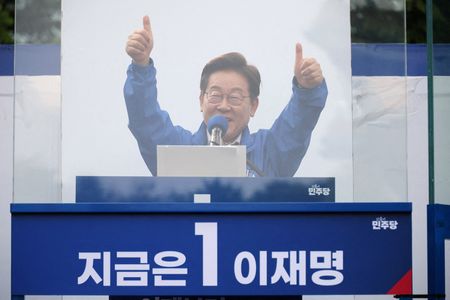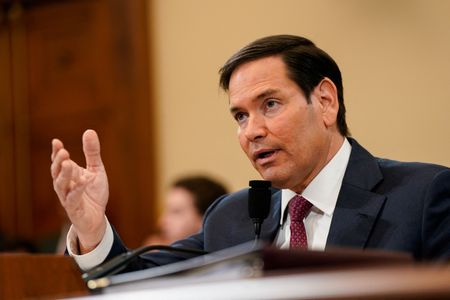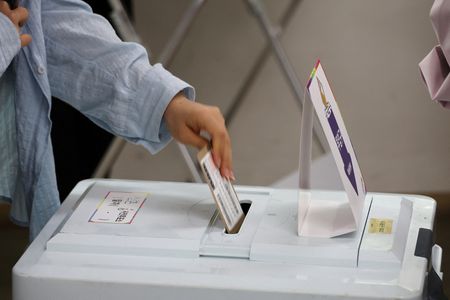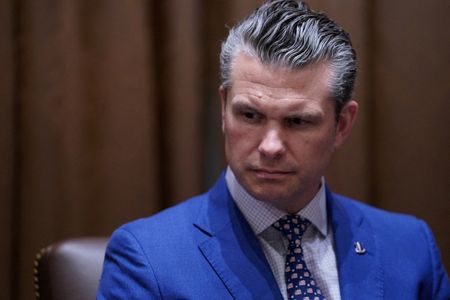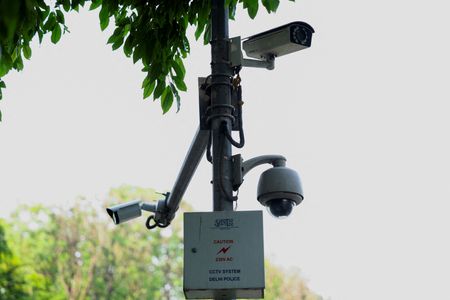By Simon Lewis, David Brunnstrom and Michael Martina
WASHINGTON (Reuters) -Chinese Foreign Minister Wang Yi spoke with new U.S. Secretary of State Marco Rubio on Friday and Beijing said he told the known China hawk that the direction and tone of U.S.-China ties had been set by their leaders and he hoped Rubio would play a constructive role for the good of the people of both countries.
Rubio, in the first telephone call between the two top diplomats under the new administration of U.S. President Donald Trump, told Wang that Trump, who began his second term on Monday, would pursue a relationship with China that “advances U.S. interests and puts the American people first,” a State Department statement said.
“The Secretary also stressed the United States’ commitment to our allies in the region and serious concern over China’s coercive actions against Taiwan and in the South China Sea,” it said.
China’s foreign ministry said the two discussed U.S.-China relations and Taiwan.
“I hope you would conduct yourself well and play a constructive role in the future of the Chinese and American people and in world peace and stability,” Wang told Rubio, who in his Senate confirmation hearing last week labeled China as the gravest threat facing the United States.
The talks came after Trump said on Wednesday he was considering a 10% duty on Chinese imports because of Beijing’s role in the fentanyl trade.
According to the Chinese foreign ministry’s statement, Wang told Rubio their respective heads of state had “pointed out the direction and established the tone for China-U.S. relations.”
“The teams of both sides should implement the important consensus of the two heads of state, maintain communication, manage differences, expand cooperation, promote the stable, healthy and sustainable development of China-U.S. relations, and find the right way for China and the United States to get along in the new era,” Wang said.
Last week, Chinese President Xi Jinping and Trump agreed in a phone call ahead of the latter’s inauguration, to create a strategic communication channel on “major issues.”
Trump said at a speech to the World Economic Forum on Thursday that he sees a very good relationship between the United States and China, and that he hopes China can help end Russia’s war in Ukraine.
In an interview with Fox News aired on Thursday, he said he had had a “good, friendly conversation” with Xi and he thought he could reach a trade deal with Beijing.
Trump said on Monday he had received an invitation to visit China and could travel there as soon as this year.
In the first year of his first term, Trump quickly struck up a relationship with Xi and both men lavishly hosted each other in Florida and Beijing. But that did not stop ties from deteriorating into a trade war that unleashed a series of tit-for-tat tariffs and uprooted global supply chains.
Rubio said at his confirmation hearing that China believed it was on a path to supplant the United States as the dominant world power in the next 20-30 years.
Wang said that China has “no intention of surpassing or replacing anyone, but we must defend our legitimate right to development.”
On Taiwan, he said that the island has been part of China’s territory since ancient times and China would never allow it to be separated from China.
Democratically governed Taiwan rejects Beijing’s claim of sovereignty, and says China’s Communist Party has never ruled over the island, where the Republic of China government fled to Taipei in 1949 after losing a civil war with Mao Zedong’s communists.
U.S. arms sales to Taiwan, allowed under U.S. law, have continued to strain Beijing’s ties with Washington.
“The United States has made a solemn commitment to pursue the one-China policy in the three Sino-U.S. joint communiques and must not break its promise,” Wang said.
“A major power should behave like a major power, should assume its due international responsibilities, should maintain world peace, and should help all countries achieve common development,” echoing criticisms U.S. officials have made about China.
(Reporting by Simon Lewis, David Brunnstrom, Michael Martina and Ryan Woo; Editing by Alistair Bell, William Maclean, Diane Craft and Sandra Maler)

